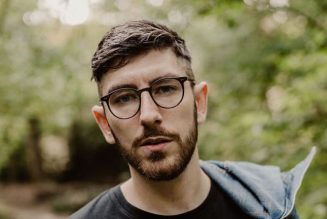This is an opinion column. The thoughts and viewpoints expressed are those of the author, Eghosa Aihie. Iggy is the chairman of Black Ice Media, a firm that specializes in marketing and branding for top music artists around the world.
For decades upon decades, music has been a voice for the voiceless. A weapon of revolutionaries throughout history, it continues to be a powerful form of alternative protest, allowing the oppressed to share their message through a medium that permeates the hearts and souls of listeners. The Billboard-charting production team Ghostcraft Music understands this phenomenon.
Founded in 2018 by LX Xander, an enigmatic music producer described as a “dark trap messiah,” Ghostcraft’s credits are prolific, including major hip-hop artists Future, Rick Ross, and Snoop Dogg, and TV networks such as VH1, VICE, FOX, and the BBC. Alongside Xander are piano maestro King Wizard and cowboy-hatted industry mogul and business manager Oliver “Big Papa” Harvey, who make quite a combo.
Ghostcraft undertakes the process that record labels in the 70s used to be responsible for—artist development—and looks at every aspect of the artist, tweaking every nuance to develop a dynamo. A lost science, artist development turns hopefuls into dynamic, industry-ready brands with finely crafted songs and a digestible image.
In addition to working with artists in this capacity, Ghostcraft also offers a similar service to producers, helping them to fine-tune their sound and style into something market-friendly. This applies both to artist-producers (in the vein of Skrillex) and behind-the-scenes types, who don’t particularly aim to have a public presence but want to get their instrumentals placed with suitable artists, or synced on TV and film projects.
One such creative who’s been through the Ghostcraft experience firsthand is Synflex, an trap and dubstep producer originally from Texas. Synflex’s tracks have been featured on multiple major EDM channels, released through several large dubstep labels, and appeared in a plethora of first-rate music industry blogs and publications.
“I met LX Xander and the Ghostcraft team for the first time in 2018 to work on my first official project in Los Angeles,” Synflex says. “Since then, we continue to work closely and I can honestly say without a doubt that this team will go out of their way for those who are actually seriously looking to build their career. Since we’ve worked together, I’ve been able to hone my skills in all areas of production and musicianship, landing multiple label placements and meeting other great artists in the industry along the way.”
When asked about producer development within the EDM genre, the flamboyant King Wizard smiles. “EDM is such a broad spectrum,” he says. “There is a richness and depth to the sound that I enjoy working on. A lot of producers within the genre just aren’t taking enough risks with their sound, sticking too closely to the stereotypical EDM tropes.”
“That’s fine, but it’s a genre that leaves a lot of room for experimentation,” he continues. “Part of what we do is encouraging producers to find their ‘sonic signatures’—unique and distinctive sounds or ideas that make their tracks instantly recognizable. It’s a fun process.”
In response to the recent crisis faced by the Black community, Ghostcraft launched its “Tell Your Story” initiative, offering music free production to Black artists. The company also provides a service for those artists to be heard, using its sizable social media platforms to share songs created using the beats.
“We’re in a position of privilege,” Harvey explains. “During times of societal change, those in positions of privilege have a duty to create pathways for those who need a voice. Being so entrenched in hip-hop, with many of our clients being rappers, it would be really tone-deaf for us not to do something to aid the BLM cause. We’ve witnessed many of our collaborators and friends go through discrimination and if we can play a part in changing that, we are on board.”
Social justice aside, Ghostcraft provides a bridge from obscurity to relevance for many new artists and producers. How do they decide who to work with?
“Well, first of all, we’re about our business,” asserts Xander. “You have to come to us with a decent budget. That’s not just to fill our pockets, though; a lot of that is going to be spent on promoting your project. But all the money in the world won’t make a bad project blow up. We also need to see some real potential. It would be pretty unethical for us to take on projects that we really think have no chance of succeeding.”
“We turn down a lot of projects, honestly,” Harvey adds. “Sometimes we just have to say to people, ‘Look, you’re not ready for this yet. Come back in a year or so’. A lot of people appreciate the honesty. Some don’t.”











